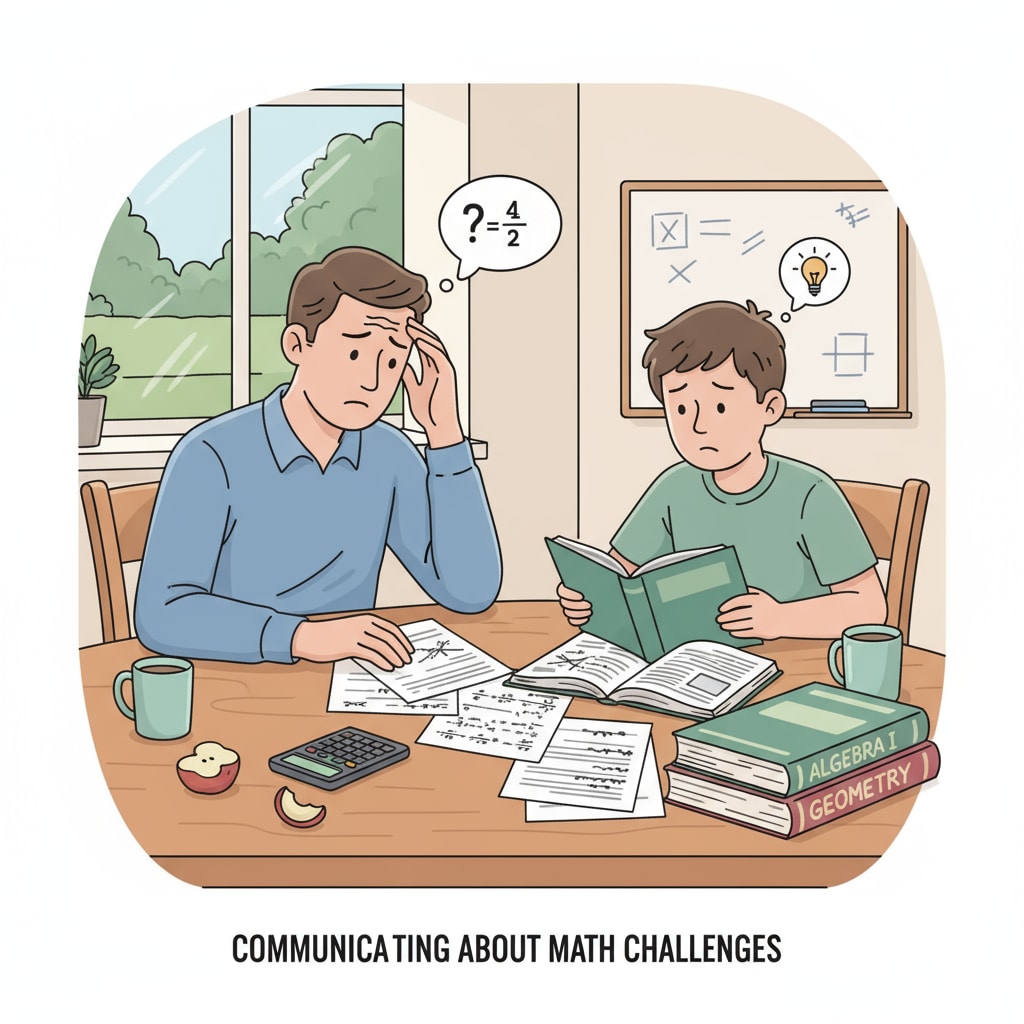In the realm of high school math, the issue of parental expectations and educational intervention often comes to the forefront, especially when it comes to students’ understanding of calculus. Many parents find themselves overly worried when their 9th graders haven’t delved into this advanced mathematical concept. This concern, while well-intentioned, often stems from a misunderstanding of the natural progression of math education.

The Root of Parental Anxiety
One of the main reasons for parents’ anxiety is the pressure of a highly competitive educational environment. In today’s society, there is a widespread belief that early exposure to advanced math like calculus will give students an edge in college admissions and future careers. For example, some parents may see other students excelling in high-level math competitions and assume that their 9th grader should be on the same track. However, this comparison often overlooks the individual differences in students’ learning paces and abilities.

The Natural Progression of Math Education
Math education follows a structured and sequential path. Before approaching calculus, students need to build a solid foundation in algebra, geometry, and trigonometry. These fundamental concepts are crucial for understanding the more complex ideas in calculus. As explained on Wikipedia’s high school mathematics page, 9th grade is typically a time for students to master basic algebraic skills and develop problem-solving abilities. Rushing into calculus without a proper base can lead to confusion and a lack of true understanding.
Moreover, each student has their own learning rhythm. Some may grasp mathematical concepts quickly, while others need more time to internalize them. Educational intervention should be based on a student’s individual needs rather than a one-size-fits-all approach.
The Importance of Realistic Expectations
Parents play a vital role in setting realistic educational expectations for their children. Instead of pushing for early calculus learning, they should focus on fostering a love for math and encouraging a deep understanding of fundamental concepts. This can be achieved through various means, such as engaging in math-related activities at home or providing access to additional learning resources. According to Britannica’s education section, a positive attitude towards learning at home can significantly impact a student’s academic performance.
By respecting the natural progression of math education and setting reasonable expectations, parents can help their 9th graders build a strong foundation for future learning. This way, when the time is right for calculus, students will be better prepared to tackle its challenges and truly benefit from the learning experience.
Readability guidance: The article uses short paragraphs and lists to summarize key points. Each H2 section provides relevant information in a clear manner. The proportion of passive voice and long sentences is controlled, and transition words are used throughout to enhance the flow of the text.


